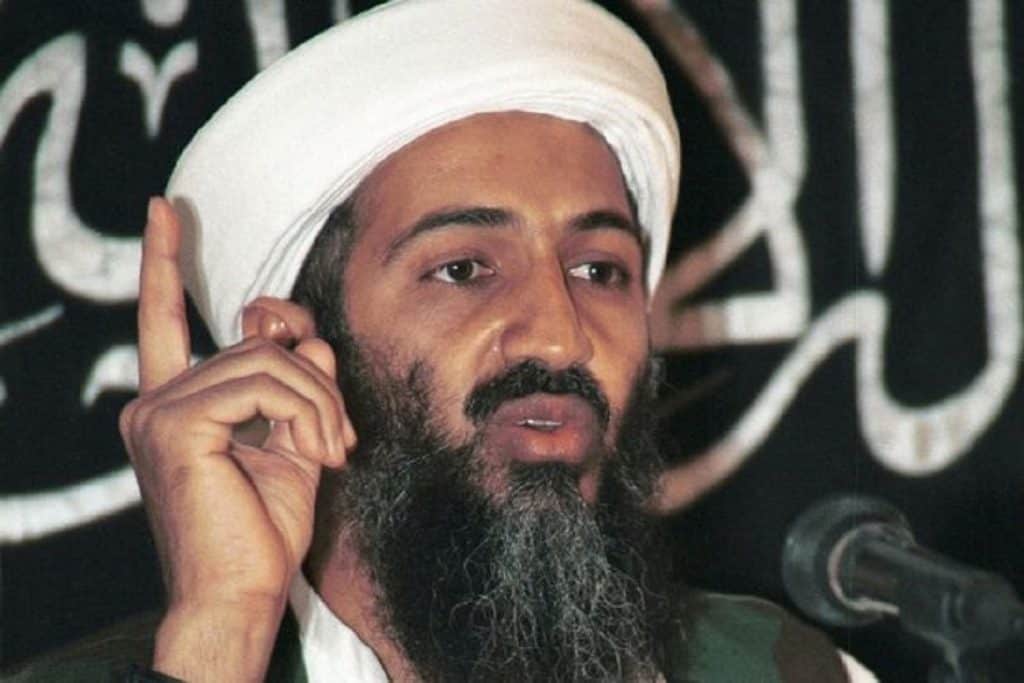By Denis Korkodinov
US Secretary of State Mike Pompeo is trying to convince Congress that the Ayatollah regime is cooperating with al-Qaeda. If this goal were achieved, the White House administration would have a legal basis for the unimpeded bombing of Iranian facilities.
In fact, the modern US defense strategy is based on the assumption that the American president can use military force, without waiting for Congress approval, in relation to any state or international coalition cooperating with Al-Qaeda. Such a strategy was developed in Washington almost immediately after the events of 11/09.
However the calculation of Mike Pompeo on the use of “Overton windows” in the anti-Iranian campaign has not yet justified itself.
A number of international analysts are inclined to believe that if earlier Iran tried to maintain relations with certain terrorist groups, at present its contacts with external players are reduced to zero as a result of American pressure. In other words, under the influence of economic sanctions from the United States, the Ayatollah regime has practically nothing to pay its proxies, and therefore, it has lost a significant part of contacts in most regional influence groups.
As for al-Qaida, despite the oath assurances from Mike Pompeo, there is not clear evidence of Iran’s involvement.
If any contacts between Tehran and al-Qaeda occur, this does not necessarily indicate cooperation. Their relationship is based primarily on mutual caution, the intention not to provoke a direct collision, the desire not to bring trouble. Such an order resembles the relationship between a person and a mosquito: being in the same room, they simultaneously see each other as a threat, but continue to mutually coexist until one of them attacks the other.
Meanwhile, the US foreign minister continues to insist that Iran could stand behind the organization of the terrorist attacks of 11/09. But this is unlikely for the reason that the Ayatollah regime in 2001 had no reason to encourage a series of resonant events that clearly could lead to the outbreak of hostilities on its territory.
Iran Shiite and predominantly Sunni al-Qaeda have traditionally been in a state of sluggish religious enmity, and therefore a union between them is almost impossible. In addition, since the emergence of al-Qaida in Afghanistan, the group has supported forces opposing Iran. Thus, the Ayatollah regime traditionally supported the Northern Alliance, while Al-Qaida supported the Taliban.
US Secretary of State seeks to link Iran and Al-Qaeda in a single chain in order to allow the use of military force. Mike Pompeo is confident that if the congressmen are convinced that Tehran really has to do with the collapse of the Twin Towers, this will be an occasion for war. However, to this day, a rational point of view continues to dominate in the United States, allowing to draw a red line between Iran and Al-Qaeda.
(The opinions expressed in this article are solely those of the author and do not necessarily reflect the views of World Geostrategic Insights).







